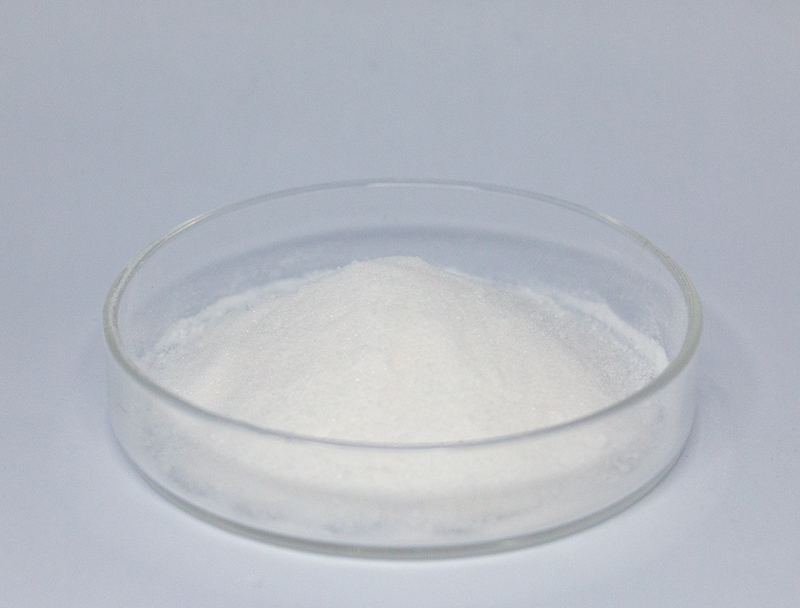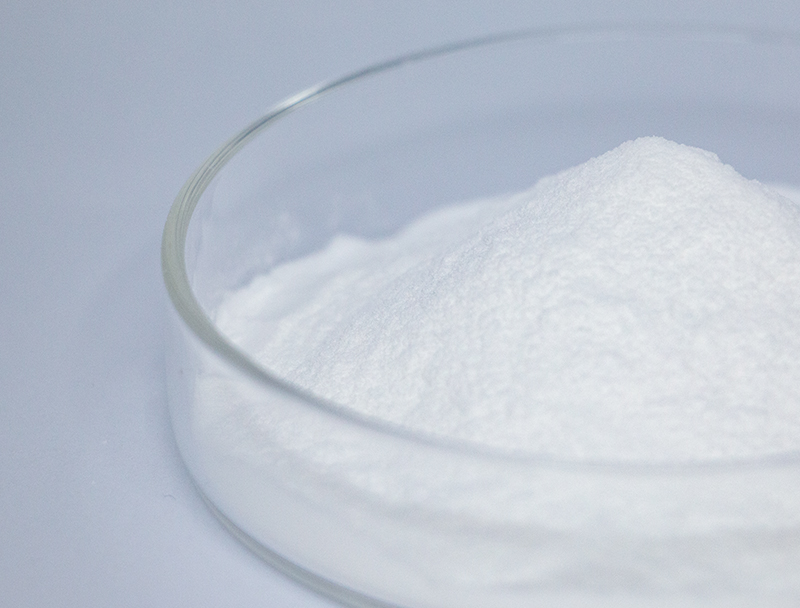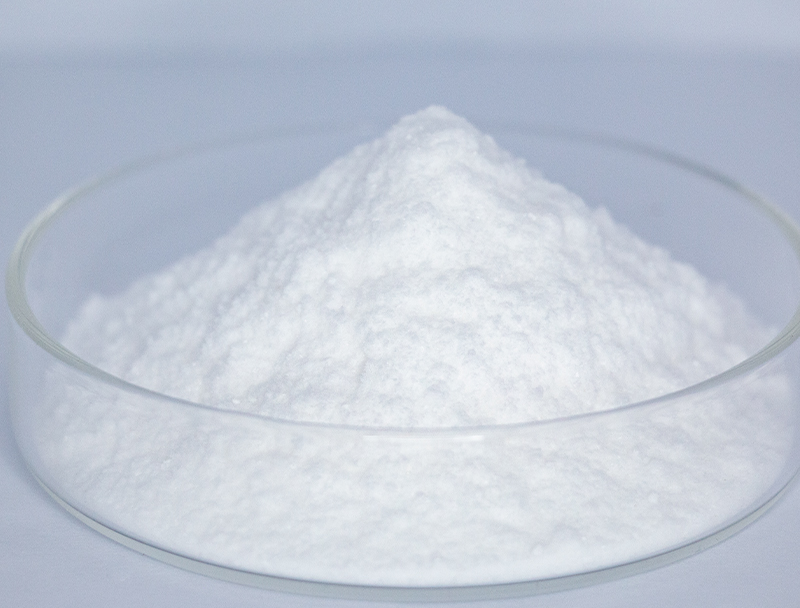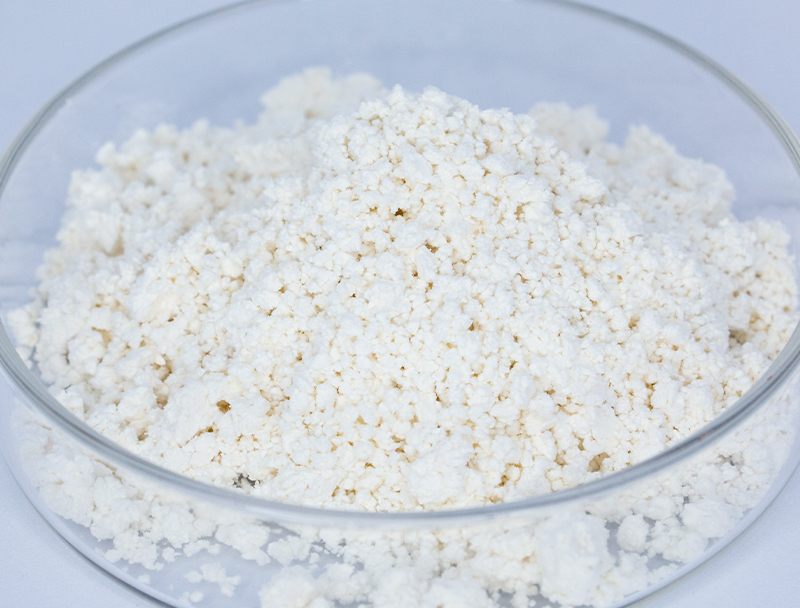
Biomanufacturing relies heavily on an extensive collection of input materials for fabricating next-generation bio-products.
Securing the sustainable sourcing of these resources is critical to longevity and principled development in the sector.
numerous problems stemming from established sourcing methods including environmental degradation and exploitation of natural resources. Hence, industry players ought to pursue innovative supply solutions to lower carbon burdens.
- Representations of ethical supply approaches are:
- Employing waste-stream inputs from industry leftovers
- Applying zero-waste frameworks to limit waste and optimize resource use
- Working with community-based suppliers that follow ethical standards
Such a move to ethical procurement delivers ecological gains and commercial returns over time.
Refining Biomass Sources to Enhance Fuel Conversion
Raising biofuel yields involves refining feedstock structure and content. Analysts tirelessly probe advances to elevate feedstock conversion, leading to higher yields of biofuels and a more sustainable energy future. Efforts pair genetic enhancement for feedstock abundance with advanced pretreatment to produce usable sugars.
- Likewise, initiatives explore candidates such as algal biomass, process wastes, and agricultural leftovers to extend sustainable feedstock availability for fuels.
- Owing to ongoing work the biofuel domain is primed to reach substantial milestones advancing renewable energy adoption.

Upstream Process Improvements for Modern Biopharma Production
embraces initial workflow stages from growth to harvesting Contemporary breakthroughs have refined protocols and elevated product throughput.
Notable improvements feature new expression systems, refined media recipes, and automated reactor platforms. The improvements increase output while decreasing cost structures and sustainability impacts.
- Furthermore, there is a growing trend towards continuous processing in upstream processing, allowing for increased flexibility over the production process.
- The adoption of higher-tech manufacturing practices will likely disrupt traditional models and speed therapeutic launches.

Gene Editing Breakthroughs That Elevate Biopharma Output
advances in genomic editing tools including CRISPR have transformed therapeutic manufacturing. By accurate genomic tuning, developers enhance yields of critical biopharmaceuticals. This capability can unlock development of cost-efficient, high-performance biologics for many conditions.
Harnessing Microbial Biotechnology for Sustainable Bioremediation
advanced microbe-driven remediation methods to treat contaminated sites sustainably. Microorganisms possess the remarkable ability to degrade and transform harmful pollutants into less toxic substances.. Leveraging microbial biotransformation promotes sustainable remediation that curbs industrial environmental impacts.. Researchers screen diverse microbial taxa for metabolic pathways suited to remove heavy metals, pesticide residues, and hydrocarbon contamination.. Organisms may be utilized in controlled reactors or in place to accelerate contaminant decomposition through biodegradation..
Microbe-based remediation provides compelling advantages over standard remediation methods. Microbial remediation can cut expenses and limit harmful secondary emissions. Also, microbial interventions offer targeted remediation that minimizes collateral ecosystem disturbance. The domain advances quickly, concentrating on raising reliability and performance of microbial cleanup methods.
Data-Driven Approaches for Therapeutic Development
Bioinformatics techniques are integral to present-day therapeutic development workflows. By analyzing biological data to select and improve leads, computational methods support efficient drug development.
- By analyzing vast datasets of genomic, proteomic, and clinical data, bioinformaticians can uncover novel drug targets and predict the activity of potential therapeutics.
- In addition, predictive simulations inform medicinal chemistry efforts to craft more efficacious drugs.
- Finally, bioinformatics is revolutionizing the drug discovery and development process, accelerating the time to bring safe and effective treatments to patients in need.
Metabolic Engineering Strategies for Enhanced Bioproduct Synthesis
employs a variety of strategies to augment the synthesis of valuable bioproducts within microorganisms. Strategies involve pathway refactoring by genetic modification, expression modulation for balanced flux, and grafting of novel genes to add capacity.. Through strategic metabolic edits practitioners can markedly increase the synthesis of target products.
This wide-ranging tactic can overhaul industries spanning medicine, agriculture, and energy production.

From Lab to Plant: Challenges and Opportunities in Biomanufacturing Scale-Up
Upscaling therapeutic manufacturing brings major obstacles along with promising prospects. Ensuring product consistency at larger manufacturing scales represents a major hurdle. This requires robust process control, precise monitoring, and sophisticated analytical techniques.

Also challenging is the layered complexity of biomanufacturing encompassing numerous sequential steps.. Translating lab methods into scalable operations needs heavy research and technology breakthroughs.. Despite challenges, the benefits may be considerable. Effective scale-up may expand patient access to therapies, cut unit costs, and improve margins.
Different initiatives are progressing to solve scale-up constraints. Efforts include process-digitization tools, integrated analytics for monitoring, and fresh manufacturing paradigms.
- Developmental projects contribute critically to scaling manufacturing competency.
- Regulatory bodies are modernizing pathways to accelerate approval of advanced production technologies and support innovation.
Mapping the Compliance Environment for Safe Therapeutic Development
Bringing biologics to market involves rigorous regulation designed to protect patients and confirm therapeutic benefit. Living-source therapeutics present distinct obstacles in regulation and production relative to classical drugs.
Agencies such as the FDA in the United States and the EMA in Europe play a crucial role in establishing guidelines and Calcium alpha-ketoglutarate standards for the approval of these innovative therapies..
Extensive evaluation procedures are essential across development phases, spanning preclinical work to post-market checks.. The protocols serve to uncover safety concerns and certify that products fulfill rigorous protection standards..
Also, governing institutions evolve their strategies to respond to swift advances in biopharmaceutical science.. Efforts comprise integrating cutting-edge tools and easing development pathways while upholding patient safety.

Evaluating Plant Biomass for Bioplastic Production
Growing emphasis on eco-conscious materials catalyzes research into plant-based options. Bioplastics derived from plant biomass provide a viable route to more sustainable plastic alternatives. Sources like cornstarch, cellulose fibers, and sugarcane biomass can transform into compostable plastics that decompose and reduce pollution.
In addition, certain bioplastics match performance of petroplastics, enabling broad applicability in multiple sectors.. Ongoing studies and technology development are vital to exploit plant feedstocks for bioplastics and foster a circular economy.
Biotech Contributions to Global Health and Crop Productivity
Biotechnology equips researchers with methods to tackle health crises and bolster food availability. By harnessing genetic engineering, synthetic biology constructs, and advanced cell therapies, technologists deliver capabilities to reduce disease burden, raise crop outputs, and increase food value. For instance, genetically modified crops can be engineered to resist pests and environmental stresses, leading to increased agricultural production and reduced reliance on harmful pesticides.. Similarly, biotech contributes advanced vaccines, antimicrobial strategies, and diagnostic techniques crucial for infectious disease management and health advancement.. Going forward, advancements in biotechnology are likely to yield interventions that improve health and advance sustainable food systems globally.
